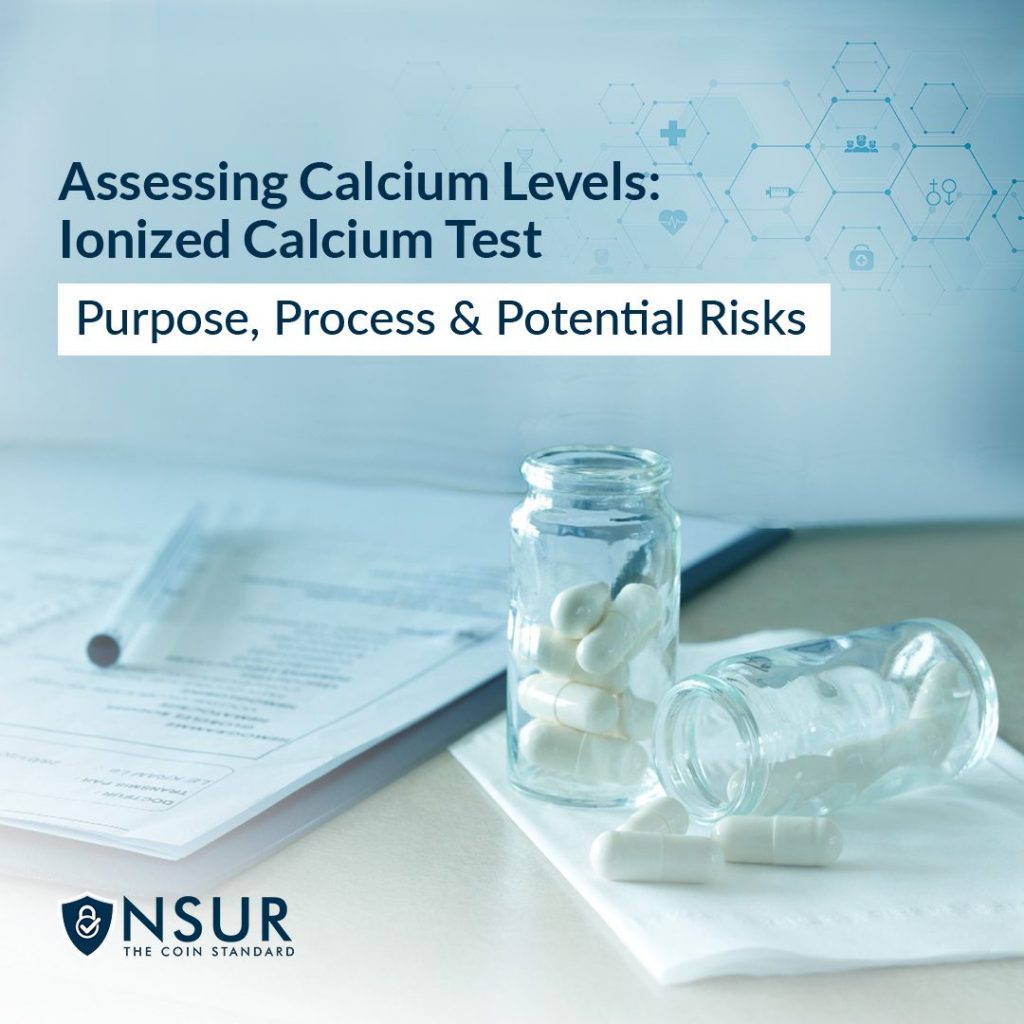
Calcium is an essential mineral that plays a critical role in numerous body functions, including muscle contractions, nerve function, and maintaining strong bones and teeth. The ionized calcium test is a diagnostic tool used by medical professionals to measure the levels of free calcium ions in the blood. In this blog, we will explore the purpose, procedure, and risks associated with ionized calcium testing.
Purpose of the Ionized Calcium Test
The ionized calcium test helps determine the total amount of calcium in your blood and, more importantly, the amount of free calcium ions available for biological processes. This test is essential because:
- Diagnosis of calcium imbalances: Abnormal levels of calcium can lead to a variety of health issues, including osteoporosis, kidney stones, and irregular heart rhythms. By determining the levels of ionized calcium in the blood, doctors can diagnose and treat calcium imbalances.
- Monitoring chronic conditions: People with conditions that affect calcium metabolism, such as kidney disease or hyperparathyroidism, need to regularly monitor their calcium levels. An ionized calcium test can help in this regard.
- Evaluating critical care patients: In intensive care settings, maintaining proper calcium levels is crucial for patient care. An ionized calcium test is used to monitor patients in these situations.
Procedure of the Ionized Calcium Test
The ionized calcium test is a simple blood test that requires a blood sample from the patient. Here’s a step-by-step guide to the procedure:
- Preparation: The patient may be asked to fast for 8-12 hours before the test to ensure accurate results. It’s essential to inform the healthcare provider about any medications or supplements being taken, as they can impact calcium levels.
- Blood draw: A healthcare professional will use a needle to draw blood from a vein, typically in the arm. The blood sample is then collected in a tube.
- Analysis: The blood sample is sent to a laboratory for analysis. The results are usually available within a few days.
Risks Associated with the Ionized Calcium Test
The ionized calcium test is considered a low-risk procedure. However, some risks and complications may arise, including:
- Pain or discomfort: Some patients may experience mild pain, discomfort, or bruising at the site of the blood draw.
- Infection: Although rare, there is a slight risk of infection at the needle insertion site.
- Fainting or dizziness: Some patients may feel lightheaded or faint during or after the blood draw.
- Hematoma: In some cases, blood may accumulate under the skin, causing a lump or bruise known as a hematoma.
Conclusion:
The ionized calcium test is a valuable tool in diagnosing and monitoring calcium imbalances in the body. Understanding the purpose, procedure, and risks associated with the test can help patients make informed decisions about their healthcare. If you suspect a calcium imbalance or have a condition that requires monitoring of calcium levels, consult your healthcare provider to determine if an ionized calcium test is right for you.
Take advantage of NSURx for your prescription drugs!
With the NSURx Prescription Benefit Card, you can save money on you
r medications at more than 35,000 pharmacies across the United States.
You can save up to 80% on your medication by using an NSURx card. Hundreds of dollars in savings could be yours every time you fill out your prescription.
The more you shop with NSURx, the more NSUR Coins you will receive as a reward.
Reference Link:
Lab Tests Online: Ionized Calcium
Healthline: Calcium Blood Test: Purpose, Procedure, and Results
Medical News Today: What to know about calcium deficiency disease
Mayo Clinic: Hypercalcemia (high calcium)
National Kidney Foundation: Calcium and Chronic Kidney Disease











